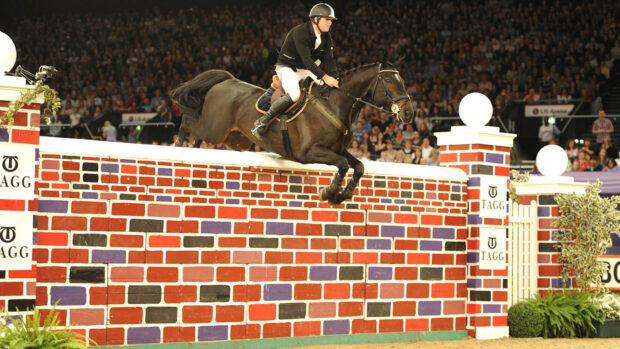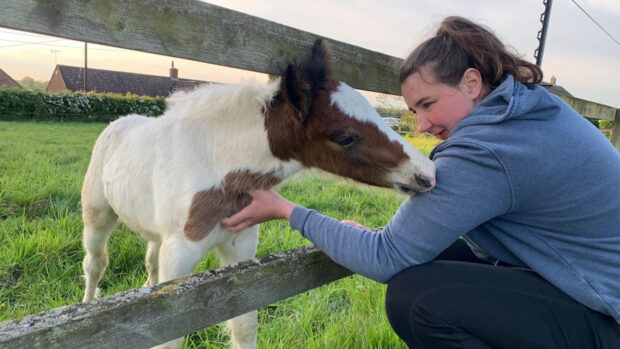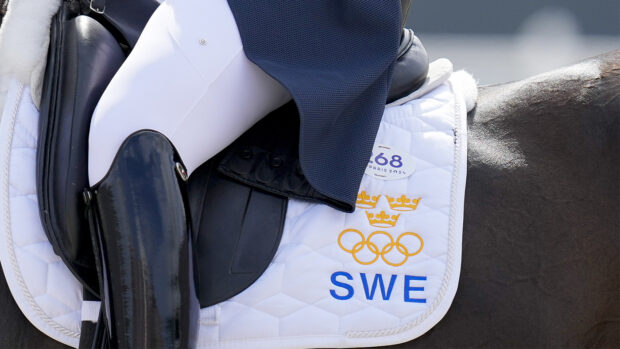Less than half of the 90 entries at Burghley Horse Trials this weekend made it through to the final phase of the competition, following a gruelling speed and endurance phase, which accounted for 25 competitors retiring, eight eliminations and nine withdrawals on Saturday. The day was overshadowed by the tragic death of rider Caroline Pratt, which occurred as the result of a fall three fences from home.
FEI regulations state that a four-star event must be run within certain parameters. These dictate that the steeplechase should be between four and four-and-a-half minutes long, while the cross-country should be between 11-13 minutes. At Burghley, it had been decided to run both phases at the absolute maximum.
Concerns were raised about the going, particularly on the steeplechase and the cross-country course, on Friday evening at a riders’ meeting with the FEI technical delegate Giuseppe della Chiesa.
Eric Smiley, the rider representative at Burghley, explained what had been requested: “A lot of riders expressed concern on the going, and asked that the steeplechase could be shortened and that fence 27 should be altered to be made less unforgiving.”
Della Chiesa did not accede to these demands, offering instead an extra five minutes to be added to the phase C recovery time.
“The riders did request that the steeplechase should be shortened,” said the Italian, “but FEI regulations state that such a modification should only be made in exceptional circumstances, such as when heat and humidity are at unacceptable levels. These were not felt to be exceptional circumstances.”
British vet Jenny Hall, however, felt that it was a “fairly unique combination of heat, humidity and soft ground.”
Following Saturday’s events, several riders have taken the view that not enough was done to take into account their concerns. On Sunday an emergency meeting was convened, for which Carl Bouckaert, the FEI rider representative, flew over from the USA.
“The riders agreed that it would be nice to put to the FEI that riders should have official representation as far as three- and four-star cross country courses are concerned,” says rider Amanda Ratcliffe, who withdrew her horse Foxground Dusky Song at the end of phase C.
“There was a feeling on Friday evening that certain things ought to be changed, and the technical delegate could have been more receptive to the concerns of the riders,” she continued, concluding that with official representation, “riders recommendations could be taken into account, which was not the case at Burghley.”
The concerns expressed by riders have taken on a new meaning since the death of Caroline Pratt in a tragic accident three fences from home, but many sources have stressed that this was a freak accident, and should not be automatically linked to the tough conditions.
Burghley chairman Malcolm Wallace explains: “According to the fence judges, her horse appeared to be in good shape as it approached the obstacle, and this is borne out by the veterinary monitoring reports as she progressed around the course.
“I am absolutely sure that there is no direct relation between this accident and the riding of the course,” he added.
Pippa Funnell, who won at Burghley last year, stressed on Sunday that it was important not to make the sport look ugly, but she was one of several riders to explain that competitors know what risks they are taking on.
Eric Smiley said: “Caroline was a rider of the utmost talent and skill. And she, like the rest of us, would have gone out with the feeling that she could do it. We rise to the challenge and meet it through education – education of our horses and education of ourselves.
“We know the risks we take on board. If we went out there and it was straightforward, with no risk, we wouldn’t do it. If you take the challenge out of life you are going nowhere.”




